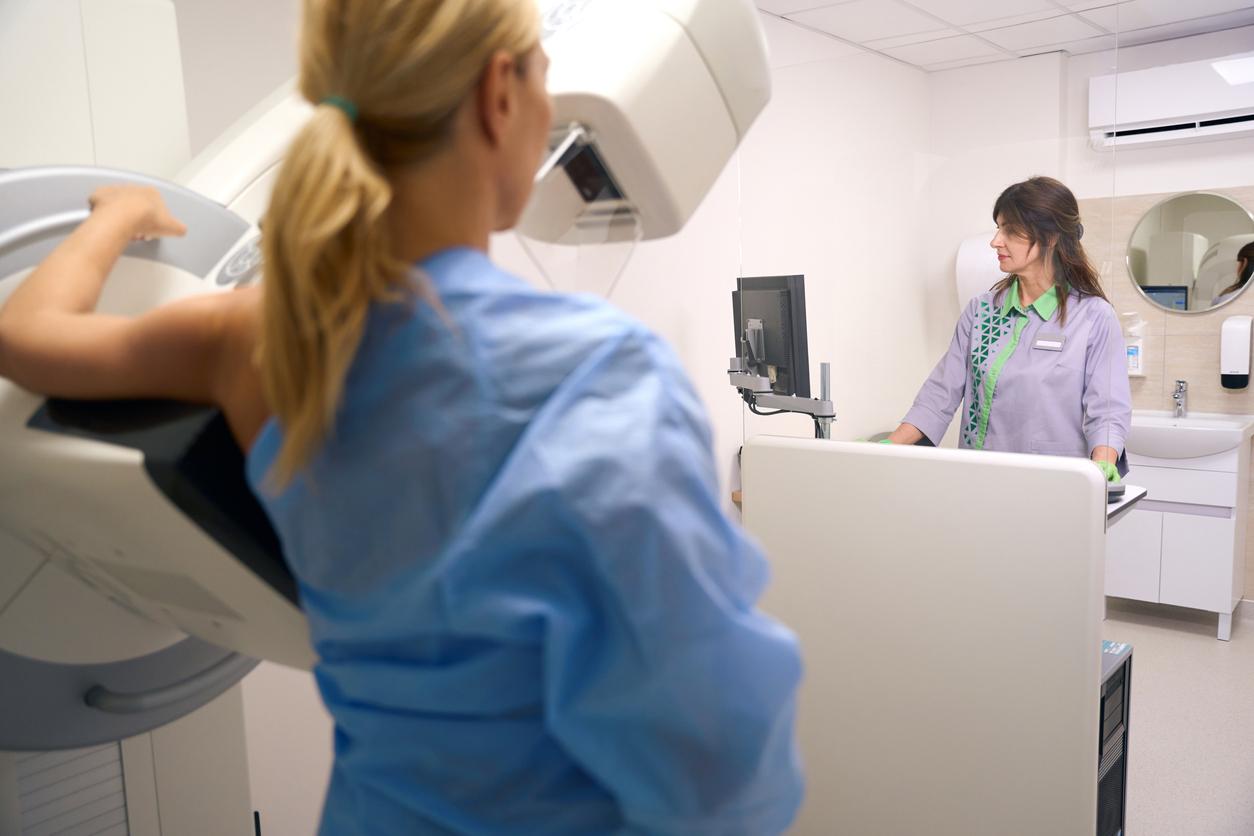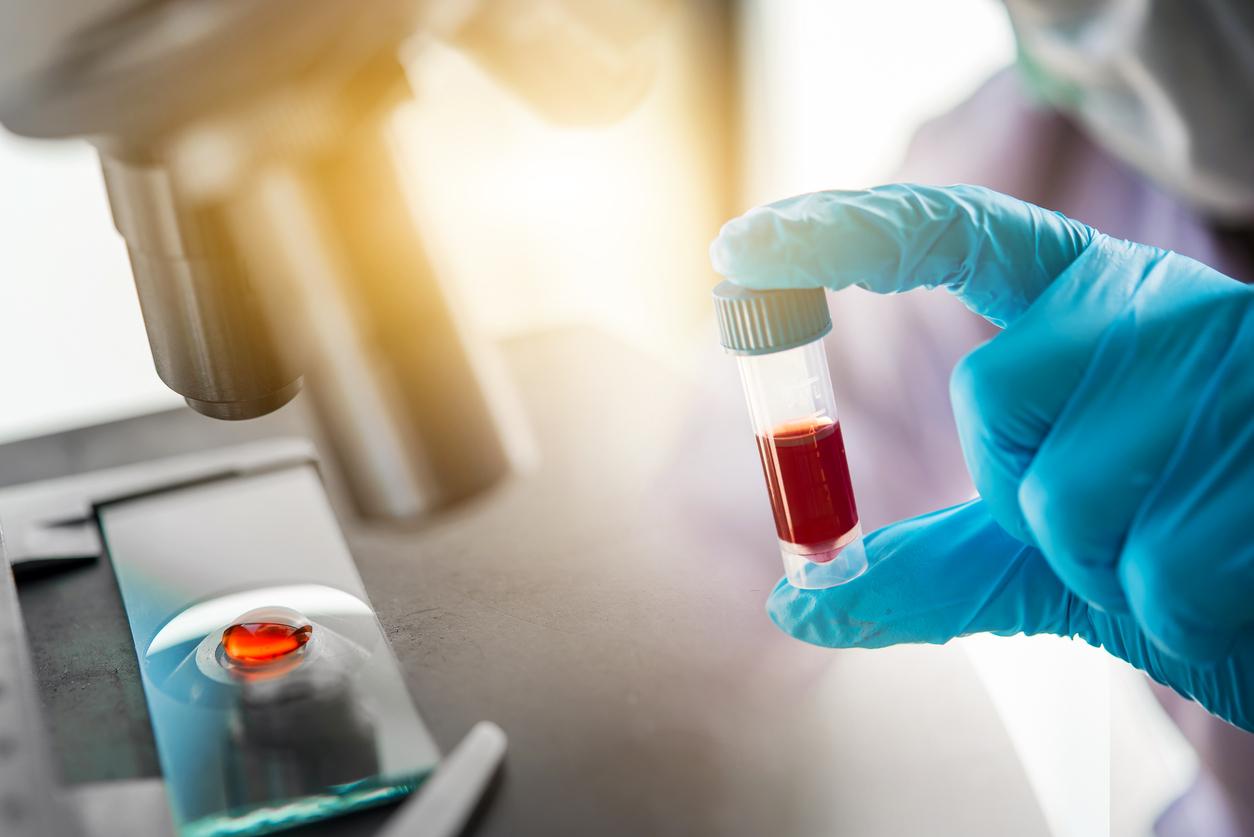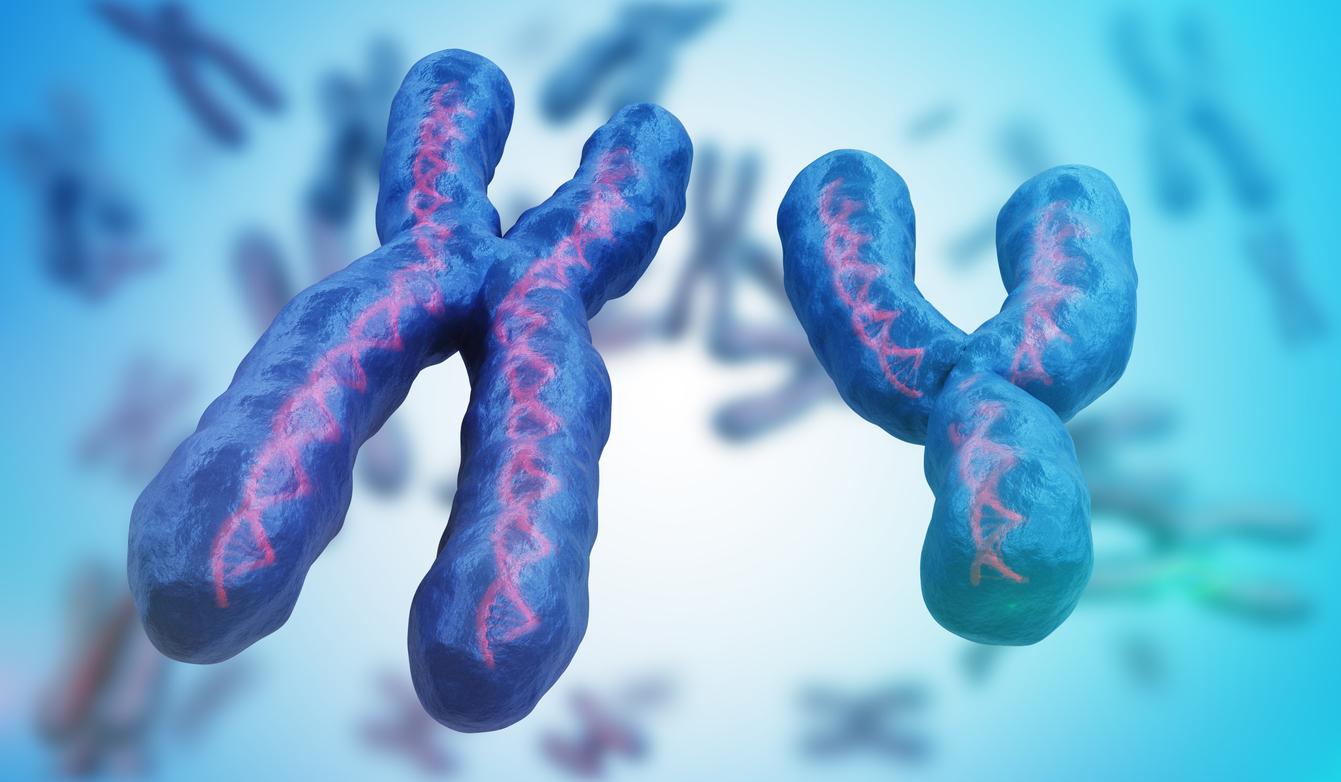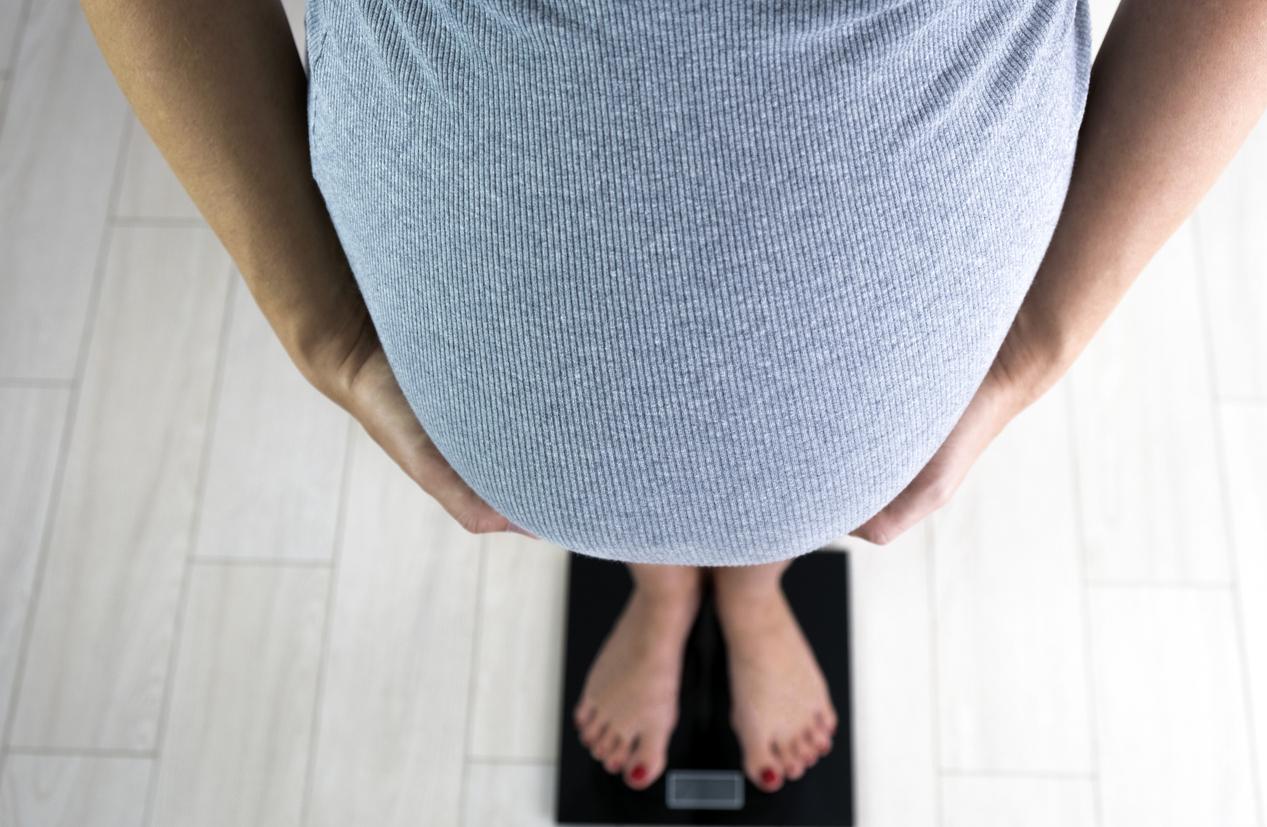The government unveiled its 2018-2022 autism plan on Friday, intended to improve the care of people with autism. An ambitious strategy, which insists on early diagnosis and social integration, but with limited resources.

Prevention, early diagnosis and social inclusion: these are the main challenges of the 2018-2022 autism plan, presented on Friday by Édouard Philippe, in the company of ministers Agnès Buzyn (Health), Jean-Michel Blanquer (National Education) and Frédérique Vidal (Higher education) ). In total, more than 344 million euros have been allocated over five years – against 205 million previously – to provoke the “jump” that the Prime Minister calls for.
It must be said that France is lagging far behind in this area, particularly compared to the Anglo-Saxon countries. Rare schooling, insufficient reception, too late diagnosis, poorly trained health professionals: the results are not glorious. Last January, in a very critical report, the Court of Auditors had criticized a knowledge “too incomplete” of autism spectrum disorders (ASD) and “insufficient progress” in support, despite 6.7 billion euros spent each year for this purpose.
The new strategy for autism will revolve around five axes: supporting the full citizenship of autistic adults (115 million), intervening from the youngest age of children (106 million), improving schooling and its support conditions (103 million ), support families (6 million) and put science at the heart of care (14 million).
Promote early diagnosis
On the training side, the government intends to reduce the “hiatus” between scientific data and the knowledge of health professionals, with the introduction of a module on autism in the training of doctors, nursery nurses, speech therapists, psychomotor therapists and others. nurses. As for the research component, to the tune of 14 million euros, it will focus in particular on the epidemiology of the disease, still poorly understood in France.
Help for families has not been forgotten. An “early intervention package” will be put in place from 1er January 2019, in order to cover access to liberal health professionals not reimbursed by health insurance (psychomotor therapists, occupational therapists, psychologists, etc.). Each department will also have to open a “respite platform” to offer families daycare solutions for children or accommodation for adults with autism.
Today, almost half of autism diagnoses are between the ages of 6 and 16. However, early diagnosis, sometimes as early as 2-3 years old, greatly improves the outcome of the child, as the HAS recently recalled. “It would be necessary that from 2019, the whole [des enfants nés en 2018 puissent] have access to screening and the early intervention package, and that this generation screened as early as possible can fully enter school in 2021 ”, argued Matignon.
Schooling and social inclusion
This fourth autism plan also plans to educate all autistic children from the age of three, to triple the number of teaching units in kindergarten (small classes intended for reinforced support) and to set up a school path. adapted from primary to high school, in order to facilitate access to higher education. To date, 80% of autistic children still do not have access to school.
The government finally wants to put an end to the inadequate hospitalizations of adults in psychiatry: “The objective is that there is no longer any long-term hospitalization in the area of autism which is present at the end of the strategy ”in 2022, indicates Matignon. There are also plans to open shared apartments in social housing for people with autism and to double the loans for supported employment, in order to facilitate social integration.
The fact remains that the associations of families say they are disappointed with this fourth plan. “What we are being presented with has neither the form nor the means of a major public health plan,” says Danièle Langloys, president of the Autism France association, in the columns of the World. The same goes for Sésame Autisme or Vaincre l’Autisme. For these associations, the 344 million euros allocated over five years, or 70 million euros per year, are pale in comparison to the stated ambitions.
.

















